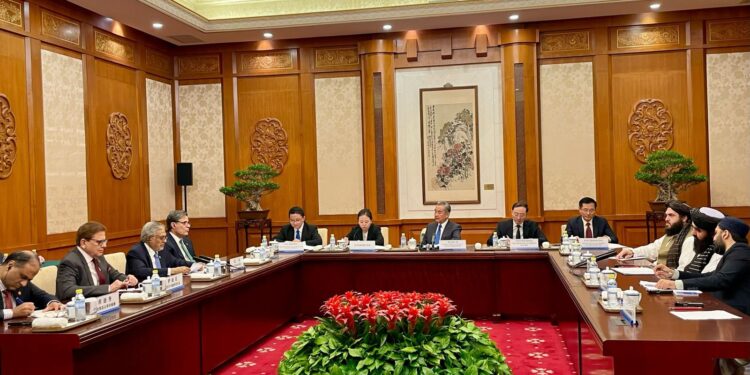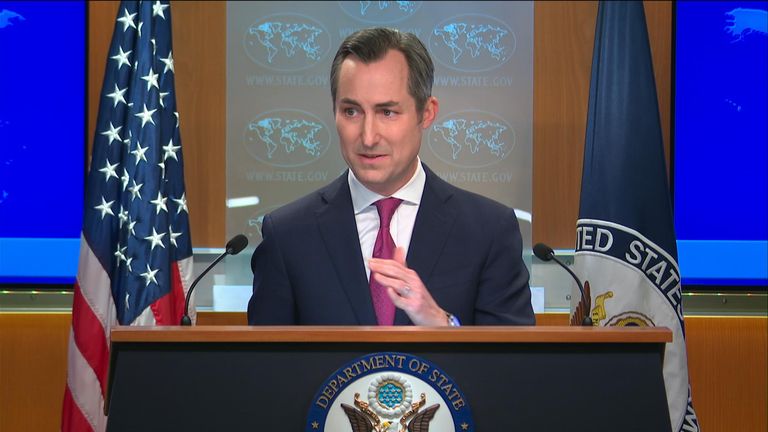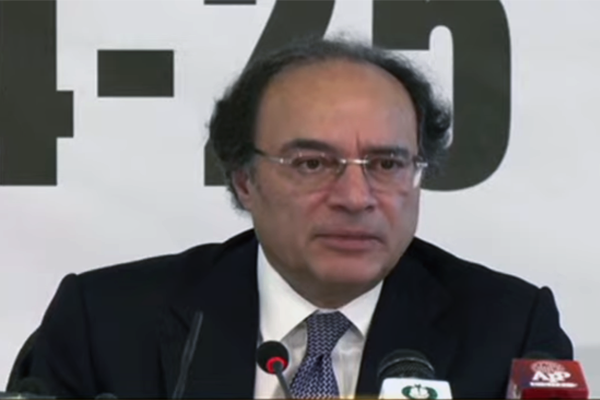PTBP Web Desk]
Pakistan, China, and Afghanistan reaffirmed their commitment to trilateral engagement focused on promoting regional security, stability, and economic connectivity.
The agreement came during an informal trilateral meeting held in Beijing on Wednesday, marking a key diplomatic moment in the evolving geopolitics of South and Central Asia.
The meeting brought together Pakistan’s Deputy Prime Minister and Foreign Minister Ishaq Dar, Chinese Foreign Minister Wang Yi, who is also a Member of the Communist Party of China (CPC) Political Bureau, and Afghanistan’s Acting Foreign Minister Amir Khan Muttaqi. The gathering reflects the importance that the three neighboring countries place on mutual cooperation and regional dialogue.
According to a statement issued by Pakistan’s Foreign Office (FO), the leaders discussed various dimensions of cooperation, including economic development, infrastructure connectivity, trade, and counterterrorism. These areas were described as key pillars of shared prosperity and peace in the region.
The trilateral partners emphasized that diplomacy and dialogue remain essential tools for ensuring lasting regional peace and fostering economic integration. The discussions also reflected a mutual understanding of the complexities involved in South Asia’s current security landscape, especially in the wake of international withdrawal from Afghanistan and shifting alliances across Eurasia.
One of the most notable outcomes of the meeting was the agreement to extend the China-Pakistan Economic Corridor (CPEC) into Afghanistan. This move is part of the broader Belt and Road Initiative (BRI), a global infrastructure development strategy launched by China.
Extending CPEC to Afghanistan is expected to not only boost regional connectivity but also provide landlocked Afghanistan with greater access to regional markets, ports, and trade routes. This integration could help Afghanistan rebuild its economy and develop modern infrastructure, which has remained under strain due to decades of conflict and isolation.
The initiative will involve investments in transportation corridors, power projects, and cross-border trade facilitation, positioning Afghanistan as a potential bridge between South Asia, Central Asia, and China.
For background information on CPEC and BRI, readers can visit the official CPEC portal and China’s Belt and Road Portal.
Security cooperation formed another core pillar of the trilateral dialogue. All three ministers reiterated their unwavering commitment to fighting terrorism in all its forms and manifestations. Given the rise in regional militancy, especially threats posed by groups operating from within and around Afghanistan, such collaboration is seen as crucial.
The ministers agreed on the need for intelligence sharing, joint counterterrorism mechanisms, and a coordinated response to emerging security threats. The goal is to create a safer environment conducive to economic development and cross-border investments.
The meeting also focused on improving diplomatic engagement and communication between the three nations. This includes establishing consistent channels for political dialogue, increasing high-level exchanges, and institutionalizing the trilateral platform as a mechanism for resolving regional challenges and seizing shared opportunities.
Practical steps to enhance cooperation in trade, infrastructure development, and public health were also discussed. These areas are expected to receive attention in the coming months through technical consultations and policy-level dialogues.
As part of their ongoing diplomatic engagement, the three foreign ministers agreed to convene the 6th Trilateral Foreign Ministers’ Meeting in Kabul. While no specific date was announced, the FO noted that it would take place at an “early, mutually convenient date.” The choice of Kabul as the venue highlights Afghanistan’s centrality in the trilateral framework and signals a willingness among all parties to maintain inclusivity.
Observers note that holding the next round in Kabul would serve as a symbolic reaffirmation of the international community’s re-engagement with Afghanistan, albeit through regional channels rather than broader global platforms.
This trilateral cooperation initiative reflects the shifting balance of power and strategy in the region. With the United States and Western forces no longer present in Afghanistan, countries like China and Pakistan are filling the strategic vacuum through regional partnerships. Their goals include ensuring security, preventing Afghanistan from becoming a safe haven for extremist groups, and promoting regional economic revival.
The success of the trilateral model could serve as a blueprint for regional diplomacy in other conflict-prone areas, especially where multilateral institutions have been less effective.




